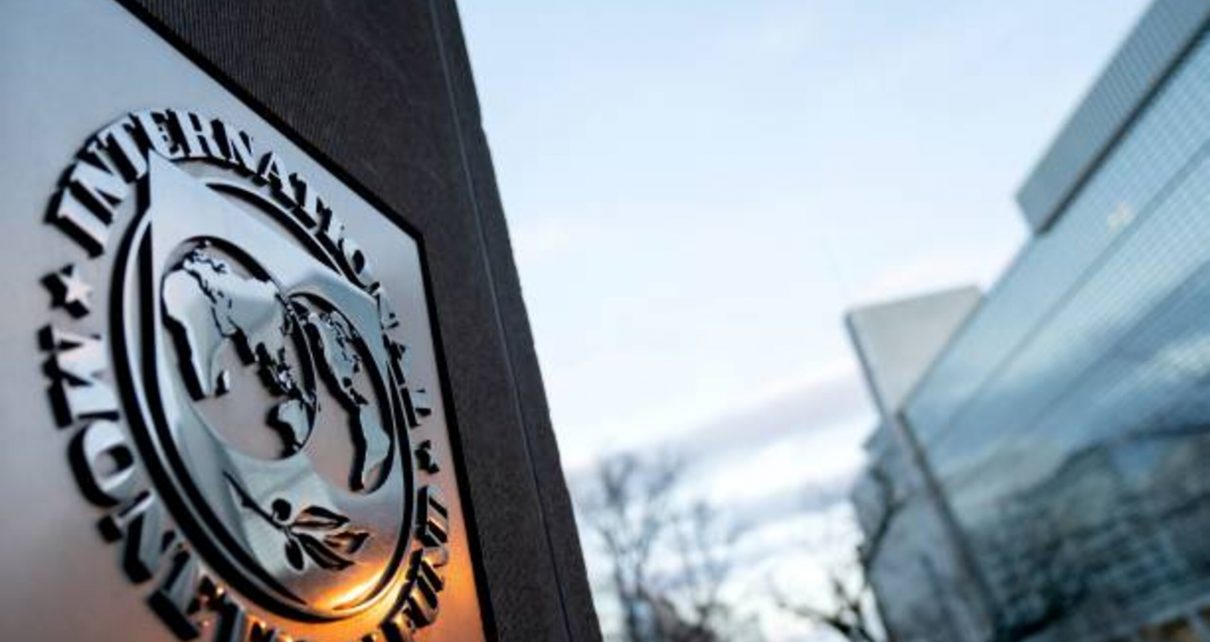The International Monetary Fund has cut its estimate for Nigeria’s real GDP growth in 2022 from 3.4% to 3%, citing low oil production and the bad effects of recent flooding.
Nigeria is trying to stop oil theft and violence in its oil-producing areas, which has cut oil production and the government’s income.
Additionally, the nation is working to stabilise its weak currency, rein in rising inflation, and accelerate growth.
“Output growth is expected to moderate in 2022 to 3% and improve slightly next year,” the IMF said in a statement.
The IMF reported in June that, with the exception of oil, all sectors of Nigeria’s real GDP were growing, but inflation remained high. The most populous and largest oil producer in Africa also has a hard economic outlook, with high food prices creating questions about food security.
According to the IMF, Nigeria’s double-digit inflation is predicted to decline by the end of 2022 as the beginning of the harvest season more than offsets the anticipated rise in rice prices brought on by recent flooding.
The Fund also noted that monetary conditions were accommodating despite the central bank’s tightening initiatives because the interest rate, at 21.09% in October, was still below the pace of inflation.
On Tuesday, the Nigerian Central Bank will convene a meeting to reveal the results of its rate-setting meeting. Few analysts anticipate that the bank would decide to maintain rates at 15.5%.
“Continued FX shortages, a stabilized exchange rate regime, rising inflation, limited debt servicing capacity, and administrative restrictions on current transactions fuel devaluation speculations,” the IMF said.


